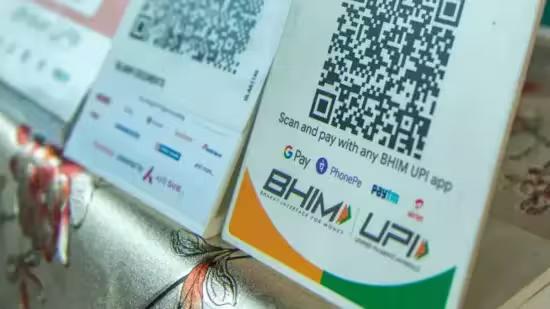
Trinidad & Tobago becomes the first Caribbean nation to adopt UPI
In a significant development, Trinidad and Tobago has become the first Caribbean country to adopt Unified Payments Interface (UPI), India’s flagship digital payment platform. This milestone achievement was announced during Prime Minister Narendra Modi’s two-day official visit to the Caribbean nation. The adoption of UPI is expected to revolutionize the digital payment landscape in Trinidad and Tobago, making it easier and more convenient for citizens to make transactions.
UPI is a real-time payment system developed by the National Payments Corporation of India (NPCI), which enables users to send and receive money using a unique identifier. The platform is widely used in India and has been hailed as a game-changer in the country’s digital payment ecosystem.
The agreement to adopt UPI was signed between the Governments of India and Trinidad and Tobago, paving the way for further collaboration in the implementation of India Stack solutions. India Stack is a set of APIs that enables developers to build applications that use government-verified identities, digital signatures, and other services. Trinidad and Tobago has committed to exploring the implementation of other India Stack solutions, including DigiLocker, e-Sign, and Government e-Marketplace (GeM).
DigiLocker is a digital locker service that allows citizens to store and access their documents digitally, such as Aadhaar cards, driving licenses, and academic certificates. e-Sign is a digital signature service that enables citizens to sign documents digitally, reducing the need for physical signatures. GeM is an e-marketplace that enables government agencies to procure goods and services digitally.
The adoption of UPI is expected to have a significant impact on the economy of Trinidad and Tobago. It will enable businesses to accept digital payments, making it easier for consumers to make transactions. The platform will also reduce the need for cash transactions, making it easier to track and monitor economic activities.
The adoption of UPI is also expected to promote financial inclusion in Trinidad and Tobago. The platform will enable citizens to access financial services, such as savings accounts and credit facilities, using their mobile phones. This will be particularly beneficial for small and medium-sized enterprises (SMEs), which often struggle to access traditional banking services.
The agreement to adopt UPI is also a testament to the growing relationship between India and Trinidad and Tobago. The two countries have been strengthening their ties in recent years, with a focus on trade, investment, and technology cooperation.
In recent years, India has been aggressively promoting its digital payment platforms abroad, as part of its efforts to promote financial inclusion and reduce the use of cash. UPI has been adopted by several countries, including Bhutan, Nepal, and Bangladesh, and is expected to be adopted by many more in the coming years.
The adoption of UPI by Trinidad and Tobago is also expected to benefit Indian businesses, which will now have access to a new market. Indian companies such as Paytm, PhonePe, and Google Pay, which offer UPI-based payments, are expected to benefit from the adoption of the platform in Trinidad and Tobago.
In conclusion, the adoption of UPI by Trinidad and Tobago is a significant milestone that marks the beginning of a new era in digital payments in the Caribbean region. The platform is expected to promote financial inclusion, reduce the use of cash, and promote economic growth in the country. The agreement to adopt UPI is also a testament to the growing relationship between India and Trinidad and Tobago, and marks the beginning of a new era in technology cooperation between the two countries.
Source:






